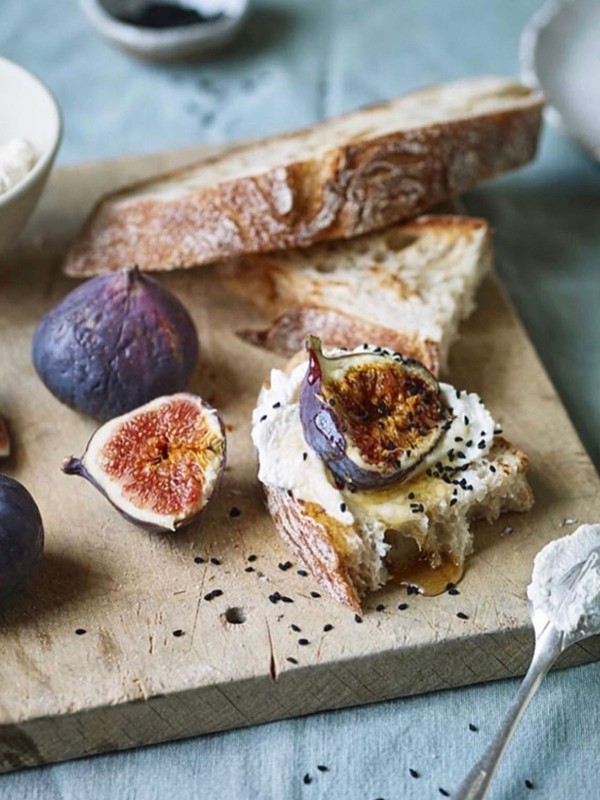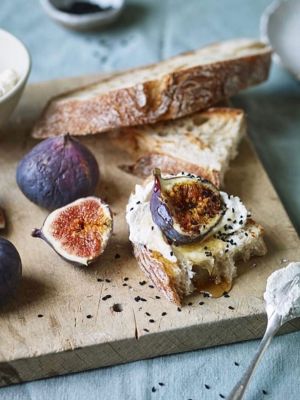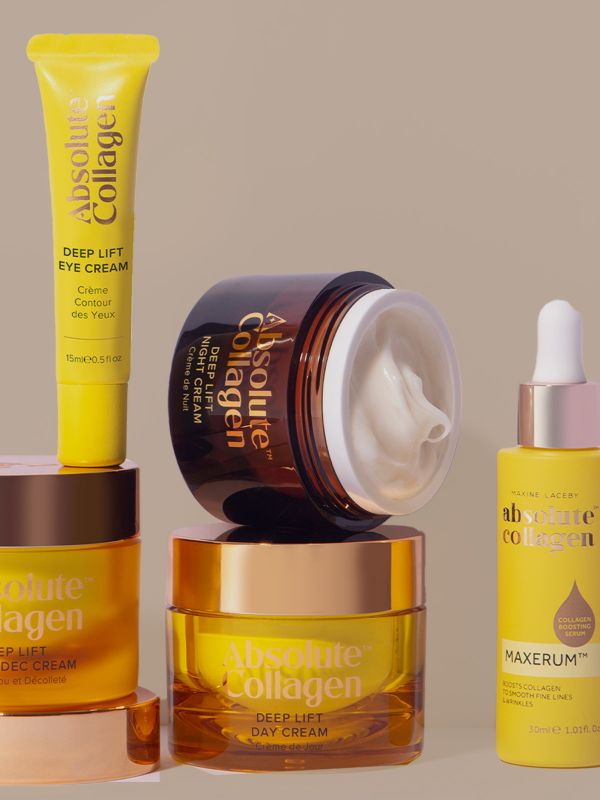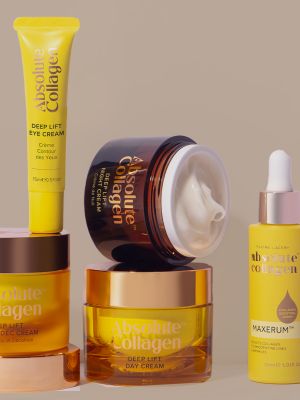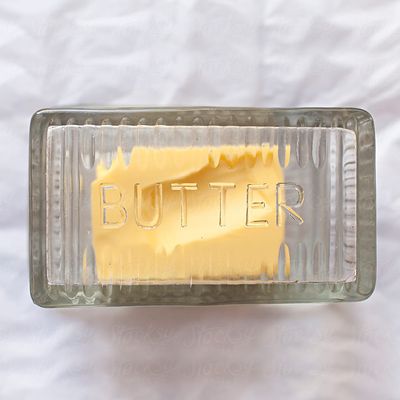
Butter Vs Margarine: Which Is Better For You?
First, what’s the difference between butter and margarine?
The main difference is what they’re made from: butter is made by churning milk or cream, and spreads are mainly made from plant oils. As dietitian Louise Bula explains, “Butter is a spread made from churning cream, making it high in saturated fat. In the 1970s, there were various studies linking high saturated fat with an increased risk of heart disease, and this led to recommendations for people to limit their butter consumption. Margarine was later designed to look and taste like butter, but without the high level of saturated fat. It’s made from changing the chemical structure of vegetable oils so it can harden to a liquid.” However, margarine soon came under the spotlight too, due to its high levels of trans fats, which studies showed could lead to an increased risk of various chronic diseases.
How do they differ nutritionally?
Butter may be high in saturated fat, but it also contains beneficial nutrients, explains Lisa Borg, nutritionist at Pulse Light Clinic – especially when it’s grass-fed and organic. “High-quality butter contains vitamin K2 and important fatty acids like butyrate, which is essential for the intestinal cells, especially for its immune functions, as well as omega-3 fats (great for brain and hormonal health) and conjugated linoleic acid, which boosts fat loss, helps normalise blood sugar and supports immunity.”
Margarine, however, is much lower in essential nutrients, says Lisa, who expresses concern over its omega-6 content, which she says can pose a health risk. “Margarine is predominantly an omega-6 fatty acid,” she says. “Omega-6 is essential but it promotes inflammation, so it should be consumed alongside a sufficient intake of omega-3 fats to balance it out. These fats should be consumed in a ratio of 1:1 but the modern diet is closer to 15:1, especially if you eat lots of processed foods and no oily fish.” Lisa explains an excess of omega-6 oils can increase the risk of inflammatory conditions such as asthma, rosacea and psoriasis.
If margarine is lower in saturated fat, isn’t that better for you?
Yes and no. As Louise says, margarine is high in polyunsaturated fats, which are generally considered heart-friendly when compared to saturated fat. “Margarine can also be fortified with vitamins A, B D, fish oils or cholesterol-lowering plant extracts that help to reduce heart disease risk overall,” she says. “Moreover, due to the amount of negative publicity margarine and trans fats received within the media, the food industry was forced to remove trans fats from the UK food chain, so rest assured the majority of margarine brands now contain zero, or only trace elements, of trans fats, which is well within the safe limits.” Nonetheless, Lisa says margarine is a processed food, making it far from natural. “One of the biggest benefits of butter is that it’s natural, so your body knows how to process it. Margarine, on the other hand, can contain chemical preservatives and toxic metals.”
What about spreads like Benecol – are these a better option?
The jury’s out. Louise is a fan of plant-based spreads as they are lower in saturated fats. “Benecol in particular is packed with plant sterols and stanols, and there is plenty of evidence to show these can be effective in reducing dietary cholesterol levels. Look out for brands such as Vitalite, Flora and Pure.” Lisa, however, is wary of such spreads. “Spreads that contain phytosterols do lower LDL cholesterol (the bad kind). However, a study in 2014 concluded that lowering LDL concentrations did not reduce the risk for cardiovascular disease. Benecol is also a highly processed product containing preservatives; and it is not dairy-free since it contains buttermilk powder. I do not advocate lowering cholesterol by means of eating toxic preservatives nor by taking good fats out of the diet. Where there is a high cholesterol count, there are many factors to consider and investigate rather than adjusting the diet alone.”
What about spreadable butter?
Products like Lurpak Spreadable are popular and with good reason, says Louise. “Spreadable products consist of butter blended with vegetable oil such as rapeseed, which is high in monounsaturated fats, which are healthy. Almost half of the fat in spreadable butters are saturated, but it’s ultimately a healthier choice than butter and lower in total fat.”
Are there some people who would benefit from eating one over the other?
“For those with a known history of heart disease, opting for margarine is a better choice than butter,” says Louise. “If your goal is to lower weight or reduce your risk of heart disease, studies show opting for margarine is preferred. Although outdated, several significant studies have shown reducing saturated fat is a good way to reduce the risk of heart disease.” Louise also says that for those looking to gain weight, opting for butter may be a great way to increase calories as part of a nutrition support plan. For the average healthy person looking to stay well, however, using a spreadable butter blended with a vegetable oil is a sensible option as these contain less saturated fat than butter. If you can’t live without fresh butter, consider saving it for the weekends, and stick to a spreadable blend during the week.
Are there any other spreads you could use instead of butter or margarine?
Absolutely – the experts say the options are endless. Louise recommends topping your bread or toast with olive-oil based spreads, which are packed with healthy monounsaturated fats that counteract the artery-clogging effect of saturated fat. Lisa, meanwhile, is a fan of mashed avocado, nut butters, cocoa butter, shea butter and coconut butter. “Butter doesn’t need to be eliminated from your diet completely,” says Louise. “But have other varieties available. After all, variety really is the spice of life.”
For more information, follow Louise on Instagram @DietitianInEdinburgh and visit PulseLightClinic.co.uk
DISCLAIMER: *Features published by SheerLuxe are not intended to treat, diagnose, cure or prevent any disease. Always seek the advice of your GP or another qualified healthcare provider for any questions you have regarding a medical condition, and before undertaking any diet, exercise or other health-related programme.
DISCLAIMER: We endeavour to always credit the correct original source of every image we use. If you think a credit may be incorrect, please contact us at info@sheerluxe.com.






